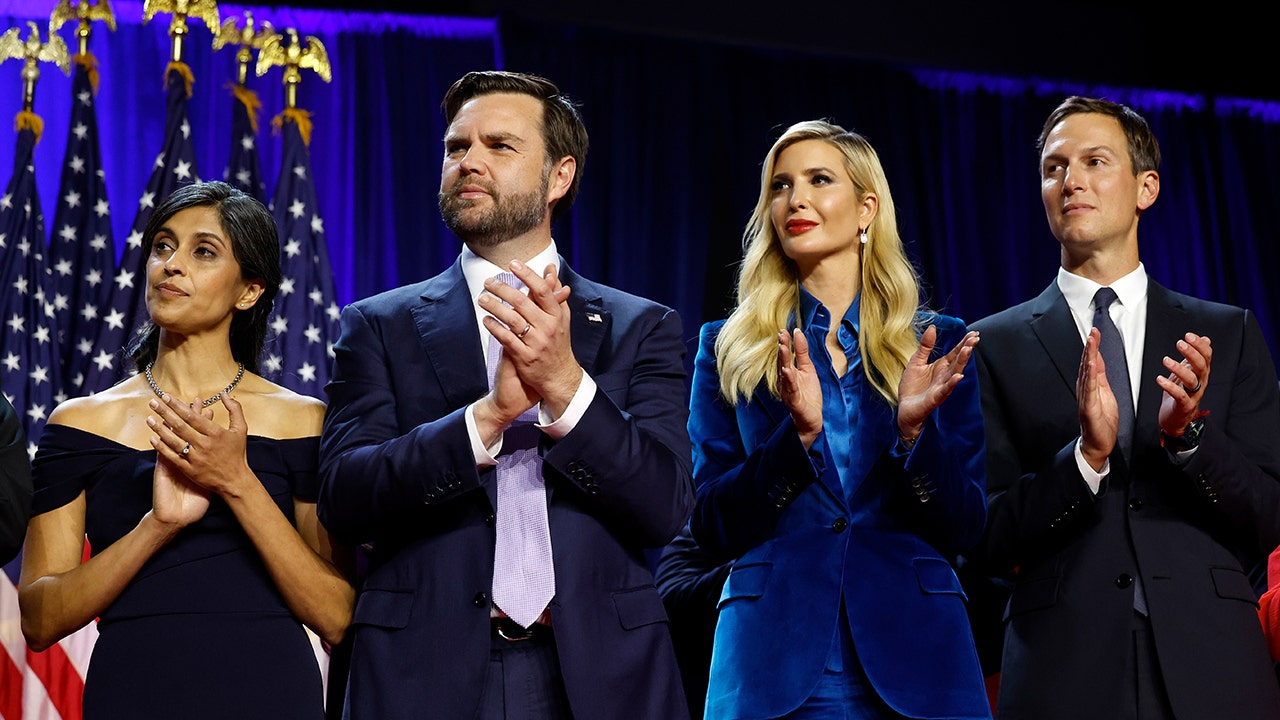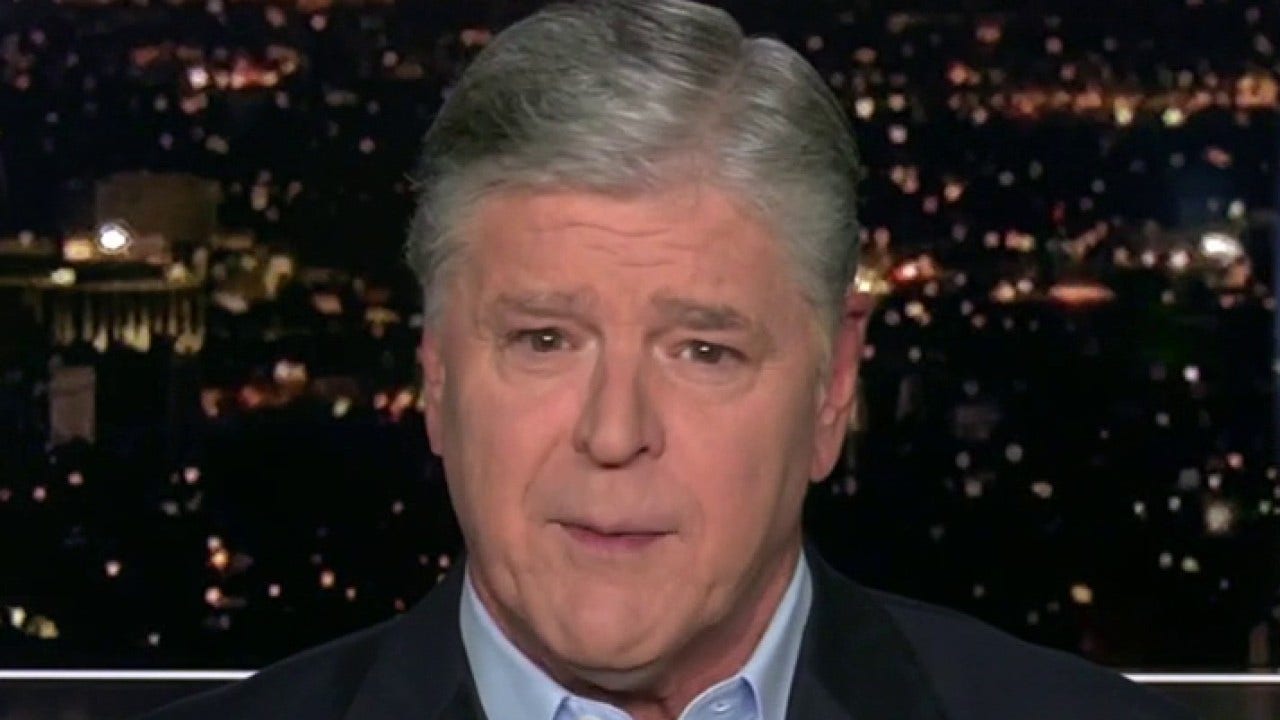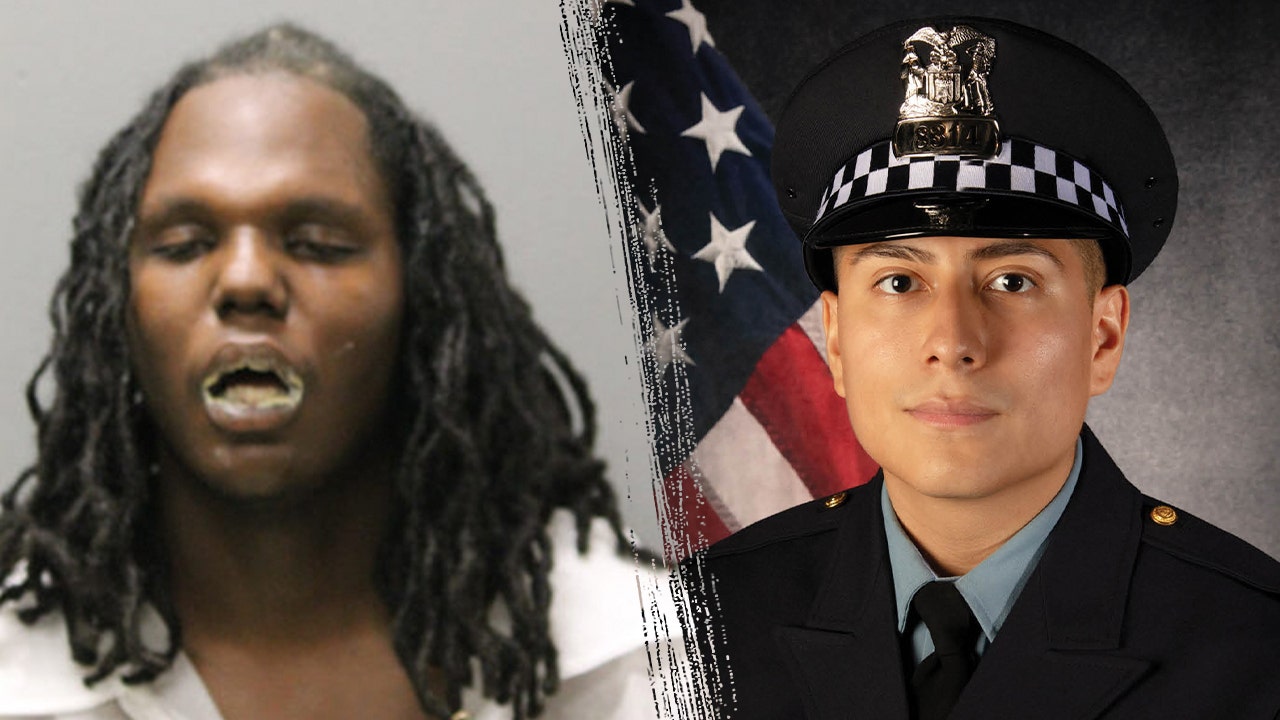WASHINGTON — Speaking to a federal judge in July 2019, a flummoxed career Justice Department lawyer made a statement that summed up former President Donald Trump’s shoot-from-the-hip and often chaotic form of governance.
“The tweet this morning was the first I had heard of the president’s position on this issue,” Joshua Gardner told Maryland-based Judge George Hazel.
Gardner was trying to explain to the judge why the Trump administration had completely reversed its legal position in a high-profile and ultimately doomed attempt to add a citizenship question to the 2020 census.
The previous week, the Supreme Court had issued a ruling that blocked the administration from seeking to add the question, and the Justice Department had appeared to concede that there was no way of revisiting the issue, with time running out for the census papers to be finalized.
But then Trump stepped in with one of his signature tweets, saying the administration was “absolutely moving forward” with the plan.
The move put Justice Department lawyers in a quandary, led to the entire legal team’s being replaced and still ended in defeat when, just days later, the administration backed down.
The incident was just one example of how Trump’s impulsive leadership style and frequent controversial pronouncements played a complicating role in the administration’s many court battles during his time in office. And there is little to suggest a second term would be any different.
“I tend to think the past is prologue,” said a lawyer who served in a senior position in the Trump administration. “There were plenty of occasions when the president’s statements complicated the lives of lawyers at the Department of Justice.”
But, the lawyer said, in the census case and other similar instances, the administration ultimately stood down when officials advised Trump there was no viable path forward.
“I was never in a situation where President Trump wasn’t seeking to comply with the law or, when advised on the law, he said I don’t care,” the lawyer said.
Trump has already indicated that in a second term he would make provocative policy moves similar to those in his first, including his pledge that on his first day back in office, he would end birthright citizenship, which has long been understood to be plainly stated in the Constitution's 14th Amendment.
Likewise, his controversial and ambitious proposal to deport millions of people who entered the U.S. unlawfully could face legal challenges on multiple fronts. Trump has, for example, proposed withholding federal funds from states that refuse to help the effort.
Other potential policy actions, such as denying federal funds to schools that seek to accommodate transgender students, would almost certainly lead to litigation, too.
Trump's pledge to use the federal government, potentially even the military, to punish his critics would also raise legal questions.
For Adriel Cepeda-Derieux, an American Civil Liberties Union lawyer who worked on the census litigation against Trump, the concern is that administration lawyers would be better prepared the second time around.
“What we are preparing for in the chance of a second Trump administration is that, frankly, the legal maneuvers they would try to do would be better organized,” he said.
In the citizenship question case and others in the first term, “the lawyers were kind of playing catchup with the rationale that was coming down from the administration,” he added.
'Tough calls'
A playbook for how a second-term Trump Justice Department would tackle some of those issues is described in a chapter on the department in the Project 2025 publication that was written by close Trump allies, many of whom would be expected to serve in his administration.
The Justice Department, despite a long tradition of being independent of presidents, must follow their direction even if it causes problems for career employees, wrote lawyer Gene Hamilton, who served in the first Trump term and is now at a pro-Trump group called America First Legal.
"This can force line attorneys to take uncomfortable positions in civil cases because those positions are more closely aligned with the president's policy agenda," he added. The department will have to make "tough calls" that "must always be consistent with the president's policy agenda," he wrote.
Hamilton and the Trump campaign did not respond to a request for comment.
Billy Williams, who was U.S. attorney in Oregon during the Trump administration, said that there are always tensions in the Justice Department between political appointees and career lawyers but that there are limits to how far the latter can be pushed.
"If you are asked to do something and your analysis is that it's not in compliance with the law, I think you have an ethical obligation to say you’re not going to do that," he said. "That may come with a cost, there's no question."
In the first term, Trump's top-down pronouncements without proper preparation led to his administration’s paying the price in court.
It lost high-profile cases like the citizenship question, as well as a 2020 case in which the Supreme Court prevented Trump from unwinding the program that protects young immigrants known as “Dreamers” from deportation.
The contentious rollout of a travel ban on people entering the U.S. from various Muslim-majority countries at the beginning of the administration also proved problematic. After court rulings blocked the original plan, a watered-down version eventually replaced it and was upheld by the Supreme Court.
In a preview of how Trump could crack down on civil liberties, he faced considerable criticism for ordering harsh responses to racial justice protests in 2020, leading to violent scenes most notably in Washington, D.C., and Portland, Oregon.
Separately, Trump faced major scrutiny for his actions in office, leading to two attempts to remove him from office via impeachment, in addition to criminal charges he is still fighting.
Although the Supreme Court now has a 6-3 conservative majority that includes three Trump appointees, Doug Letter, a former longtime career lawyer at the Justice Department, does not think Trump would always get his own way in a second term.
Letter quit during Trump’s presidency and joined legal battles against the administration while he was working for Rep. Nancy Pelosi, D-Calif., then the House speaker.
“Will there be incredible disruption and havoc? Yes, there will," he said. "But because of the courts, I don’t think Trump will be able to carry out everything he wants.”

 3 settimane fa
6
3 settimane fa
6















 English (US) ·
English (US) ·